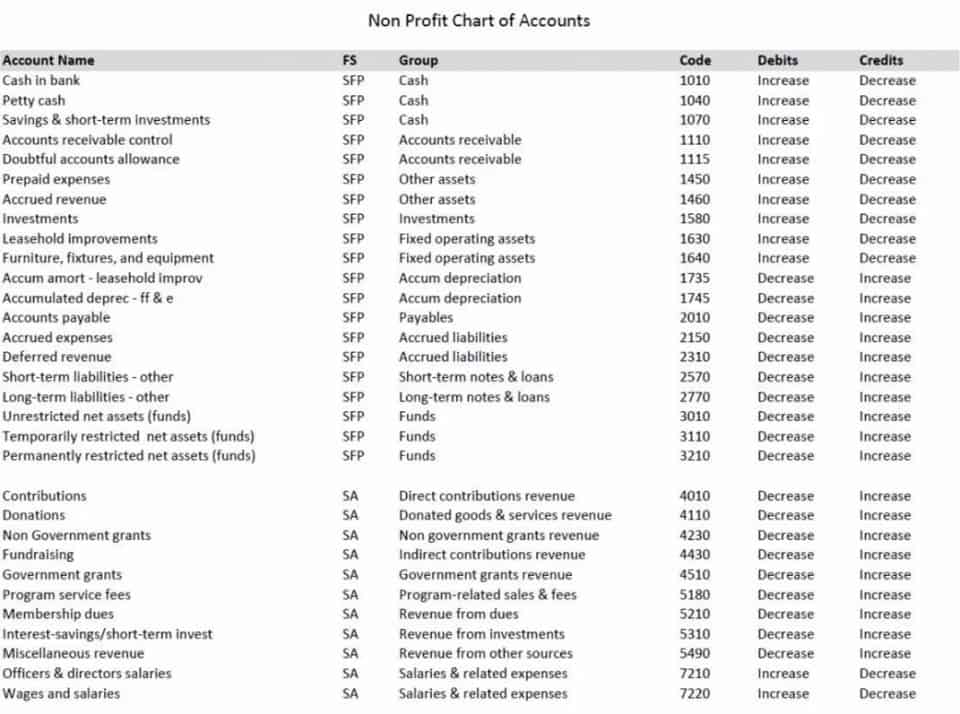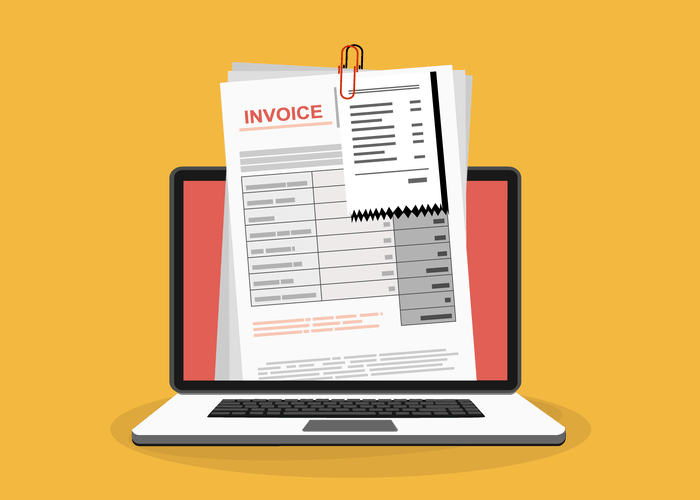24 Jan Accounting Courses Online Training & Certifications QuickBooks Accounting Courses Online Training & Certification

At NorthStar Bookkeeping, we are dedicated to supporting law firms with expert bookkeeping services designed to ensure accuracy, compliance, and financial insight. Let us handle the details so you can focus on winning cases and building client trust. Schedule a consultation today and discover how NorthStar Bookkeeping can become an essential partner in your firm’s success. InvoiceSherpa supports accounting for law firms by saving you time and energy, increasing your cash flow, and getting invoices paid faster. InvoiceSherpa automates your accounts receivable with reminders and collection software. Because InvoiceSherpa integrates with Clio, you can bring contacts and invoices from Clio directly into InvoiceSherpa.

Track and pay bills
- See how connecting with experts one-on-one gives this busy voice-over artist the confidence her books are done right and frees up time for the things she loves to do.
- Adherence to IOLTA guidelines not only ensures compliance with legal standards but also supports the broader goal of providing access to justice for all segments of society.
- “Excellent, easy to use product! Easy accessible customer service if you need.”
- Automation can also reduce the time spent on manual data entry tasks, making it easier for accountants and bookkeepers to remain up-to-date with ethical rules and client information.
- Trust accounting is the process of managing these trust accounts in line with legal and ethical obligations.
Achieving mastery in legal accounting is vital for the financial health and operational success of any law firm. Beyond compliance and regulatory adherence, effective legal accounting practices can significantly enhance decision-making, client trust, and long-term firm growth. Here are essential tips that law firms can implement to ensure their accounting practices are not only compliant but also strategic and efficient. By emphasizing trust accounting, compliance, and accurate financial reporting, legal accounting plays an indispensable role in the smooth operation of law firms.

What tasks are included in law firm bookkeeping services?

This means that attorneys have to take extra care when selecting a merchant processor for their business. To offset this risk, it’s important to carefully monitor cash flow with accounts receivable (AR) and accounts payable (AP), which appear on your balance sheets. Managing the financial aspects of a law firm can be a complex and time-consuming endeavor. Navigating intricate accounting regulations, ensuring accurate financial reporting, and optimizing tax strategies require specialized knowledge and experience. Working with experienced accountants in South Jersey who understand the legal industry can provide valuable guidance, ensure compliance, and contribute to your firm’s financial success. Choosing the right software involves Accounts Payable Management considering factors like your firm’s size, budget, and specific needs.
- Additionally, firms should prioritize training and development for their bookkeeping staff to keep up with industry changes and technological advancements.
- Understanding this distinction is key to assessing your firm’s financial health.
- A budget helps you set expectations regarding cash flow and expenses for the year—reducing the likelihood of missing a payment or bouncing a check.
- Either way, having a budget in place is key to ensuring that a law firm stays on track financially.
- Even setting aside 1% builds momentum and shows that your firm exists to create value, not just to pay bills.
- Below we’ll show you the most commonly fall short in accounting practice.
Accounting for Law Firms: A Comprehensive Guide
With our help, you can spend less time on payroll and more time on your clients. The cornerstone of our service involves providing a comprehensive Legal bookkeeping service for sole practitioners, partnerships and small to medium sized legal firms. Learn key product features and tools, and law firm bookkeeping see how they help you grow and manage your practice. Law firms must comply with all applicable tax regulations for their jurisdiction—such as income tax and payroll tax.
What You Need to Know About IOLTA Accounts in Texas

You should be using and maintaining a chart of accounts that is specifically tailored to the operations of a law firm. Accounting for law firms may be new or challenging to you, but it doesn’t have to be scary. What’s most important is that you get the details right so that you can stay compliant with ethics rules and help your firm grow to its full potential. Entering numbers manually often leads to mistakes and duplicated data entry in the accounting process. normal balance This results in wasted time, mismatched records, billing complications, and even compliance violations. Legal bookkeepers and legal accountants work with your firm’s financials, with the shared goal of helping your firm financially grow and succeed.
One of the major benefits of strong accounting practices is the valuable financial data they provide, allowing you to make data-driven decisions that positively impact your firm’s future. Bookkeeping tracks day-to-day transactions – receipts, disbursements, invoices, and payments. Accounting involves interpreting financial data, creating budgets, forecasting, and preparing reports. In small law firms, these roles are often handled by the same person or outsourced to a specialist familiar with legal bookkeeping, such as solo attorneys or larger firms.
- Following best practices for legal bookkeeping is critical to keeping your law firm financially healthy and legally sound.
- It offers simpler online accounting solutions, making it easier for law firms to manage their finances efficiently and effectively.
- There are also state and sometimes municipal payroll taxes to be collected.
- By establishing—and consistently following—best practices for legal bookkeeping, your firm can stay on top of its finances, remain compliant, and ultimately run more smoothly.
Firms should consult with a certified public accountant (CPA) or accounting expert to determine the best accounting method for their specific needs. When a client pays a retainer, that money doesn’t belong to you – not yet. Every financial transaction must be accurately tracked, properly categorized, and fully reconciled. Funds held in an IOLTA are not considered revenue until earned fees are withdrawn, and using them too early can create compliance violations.


No Comments